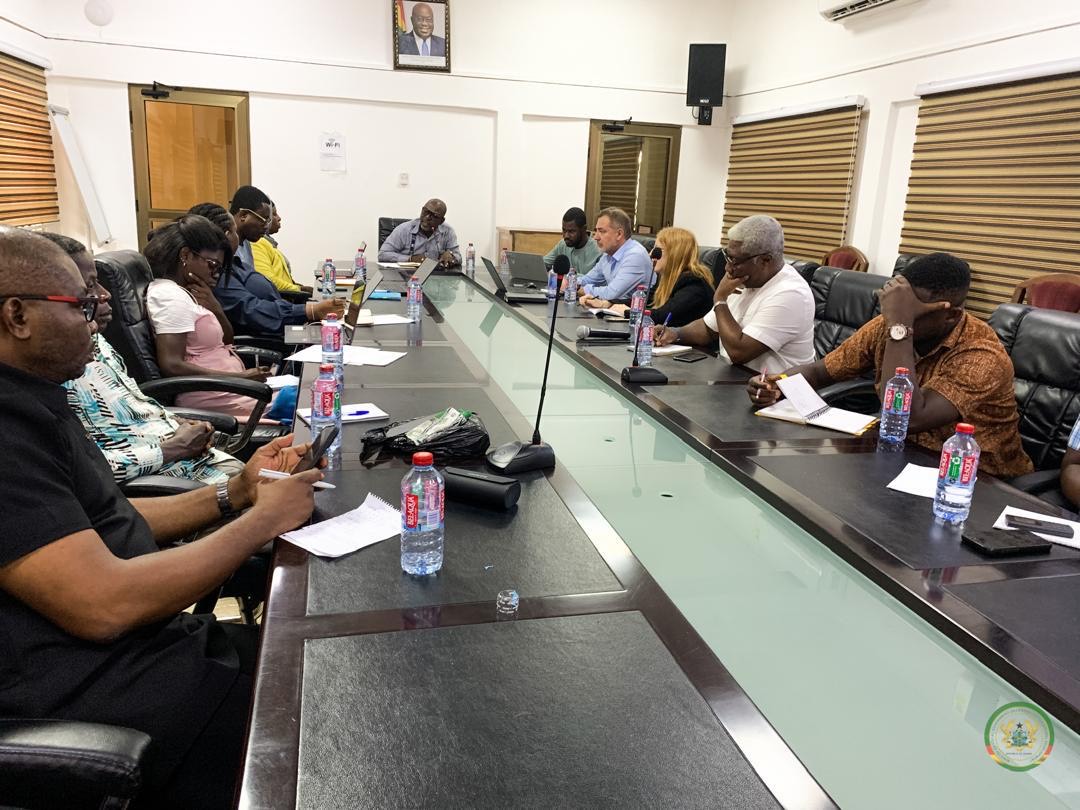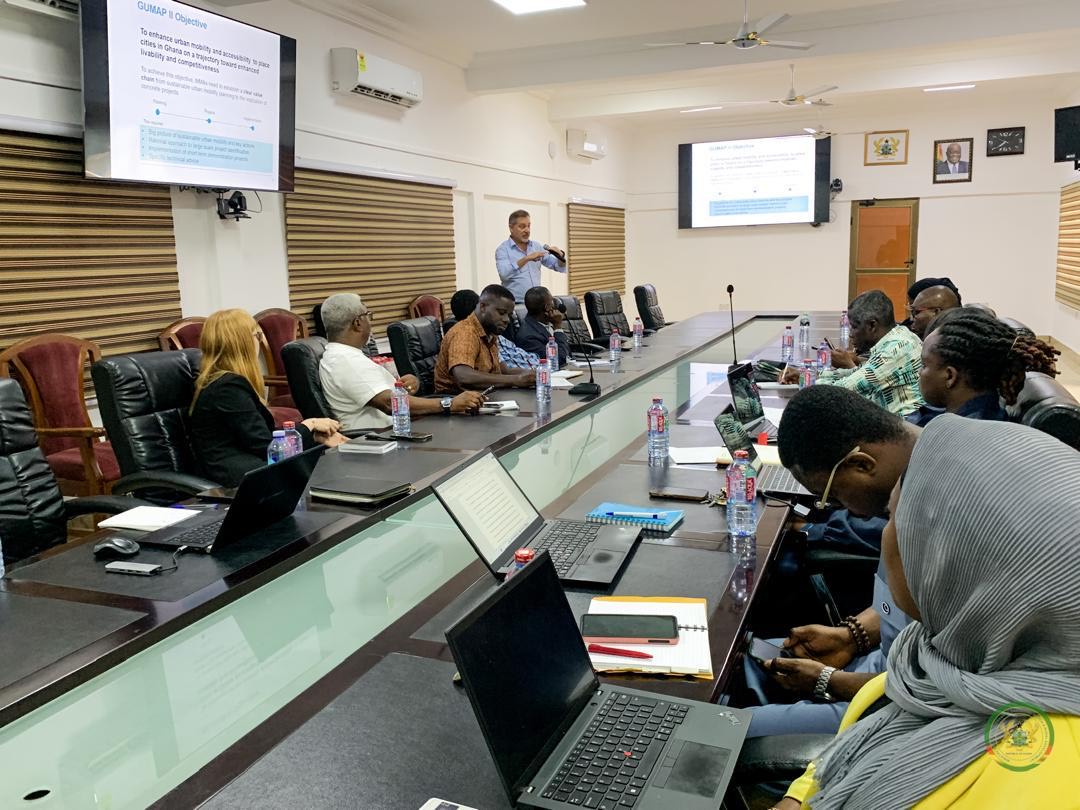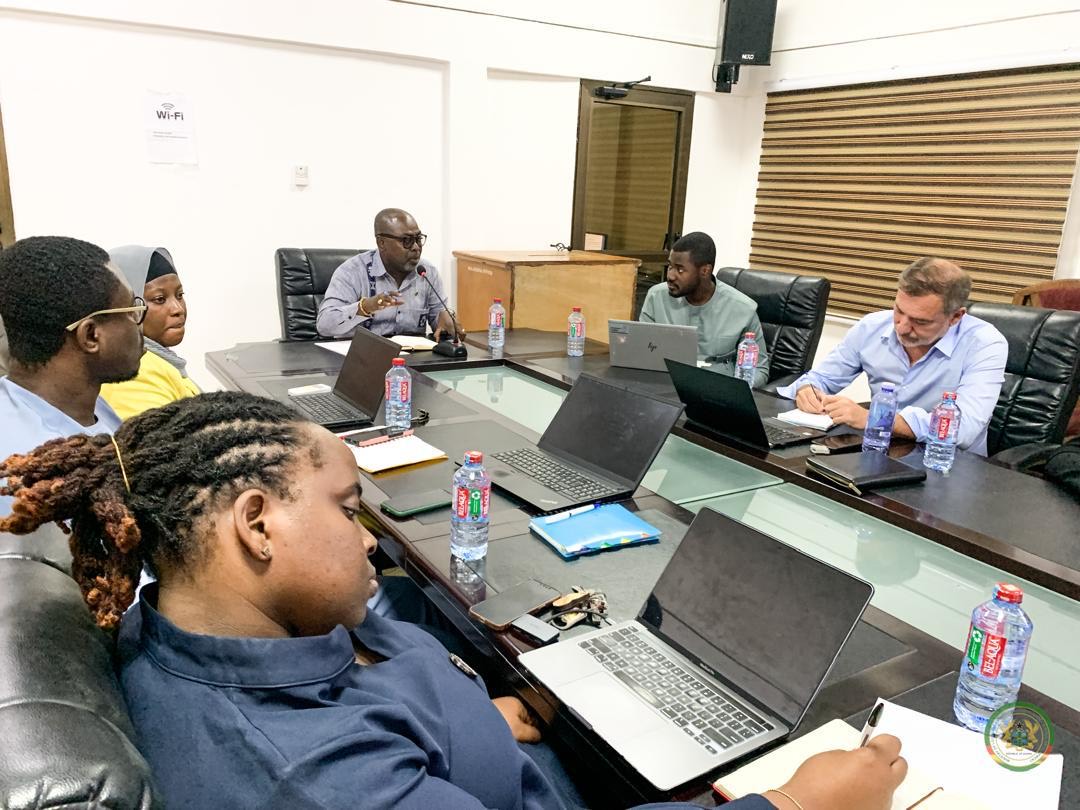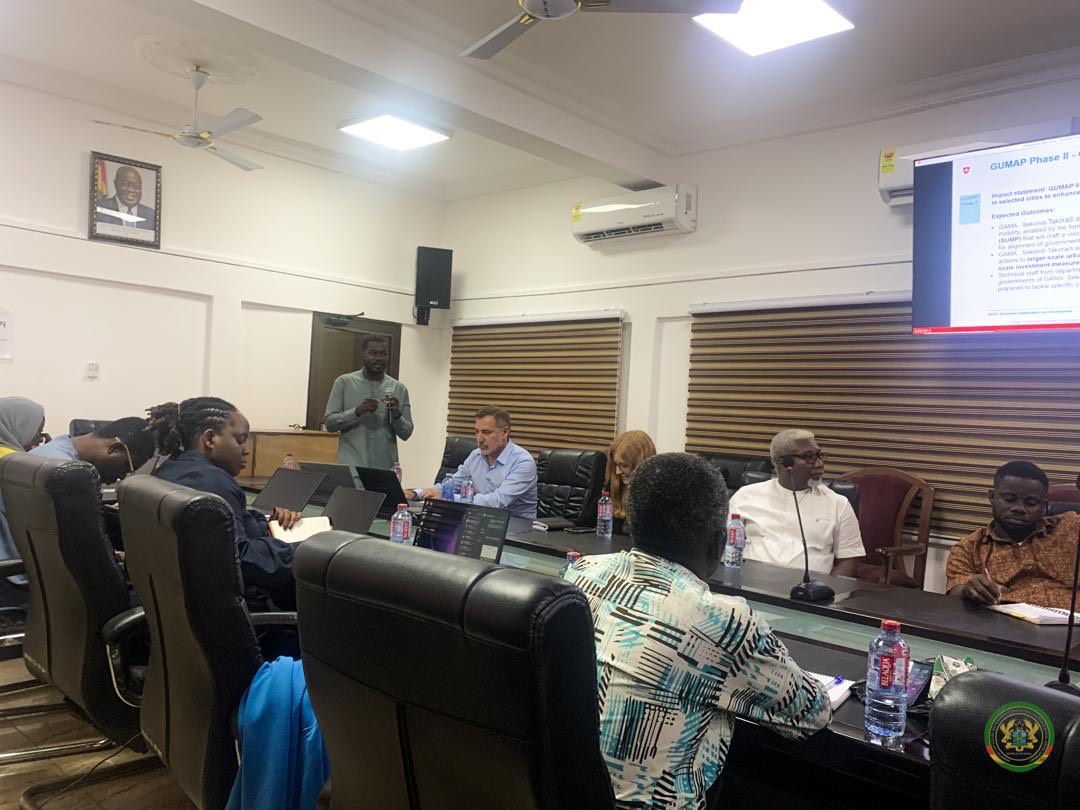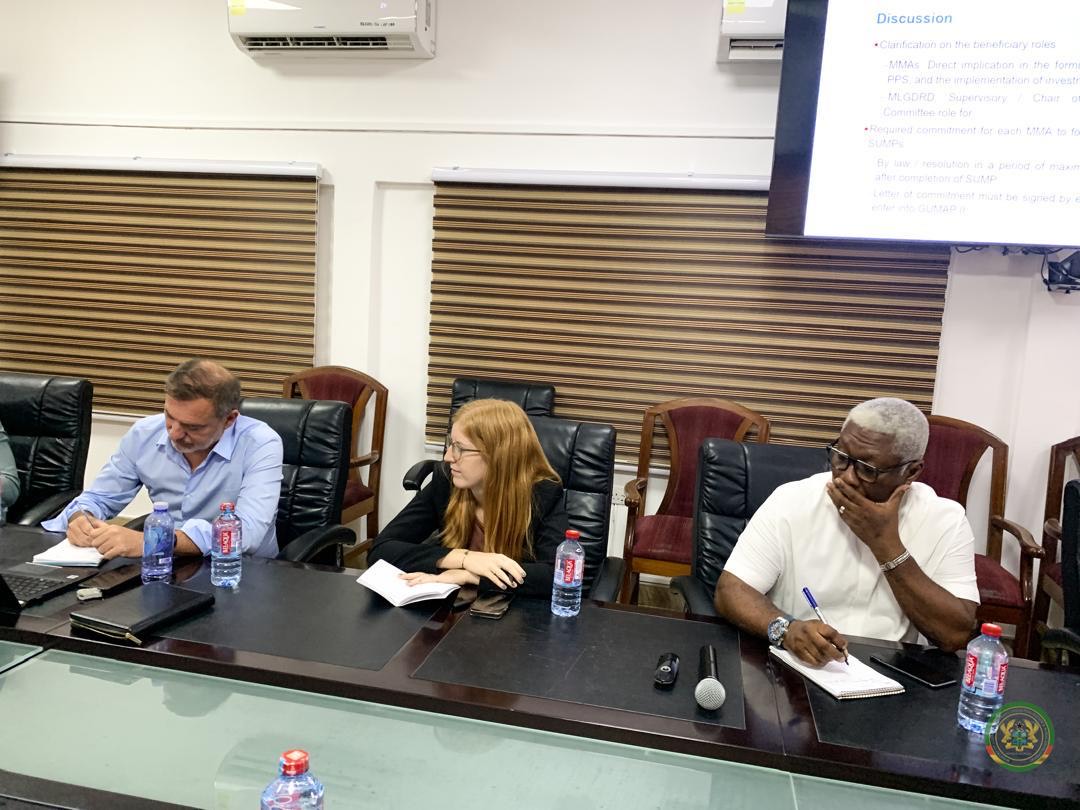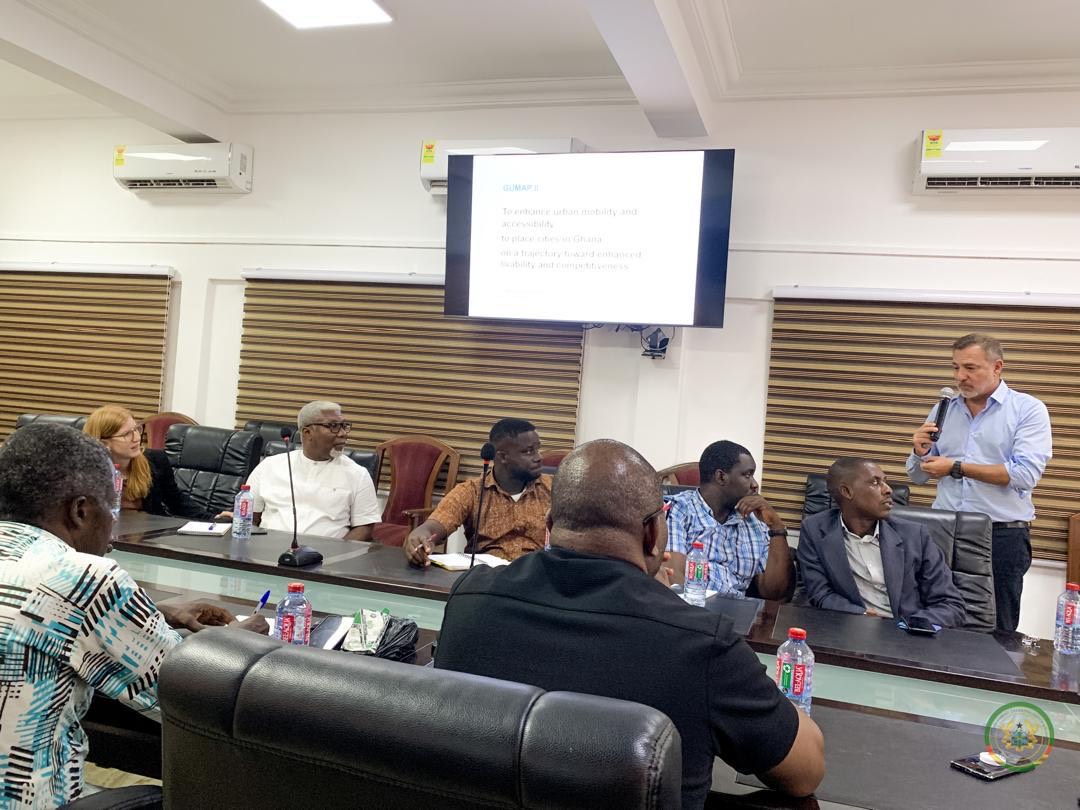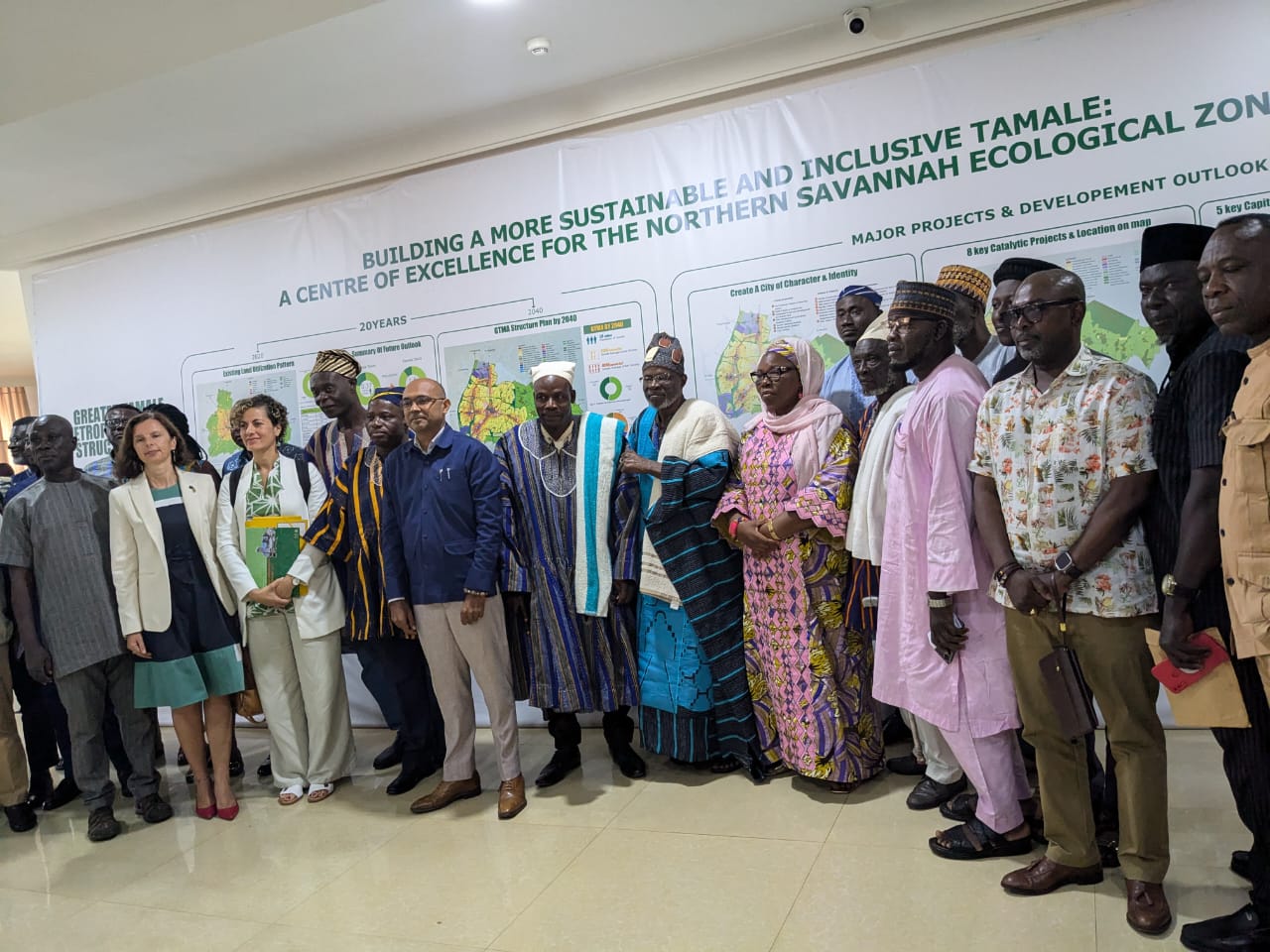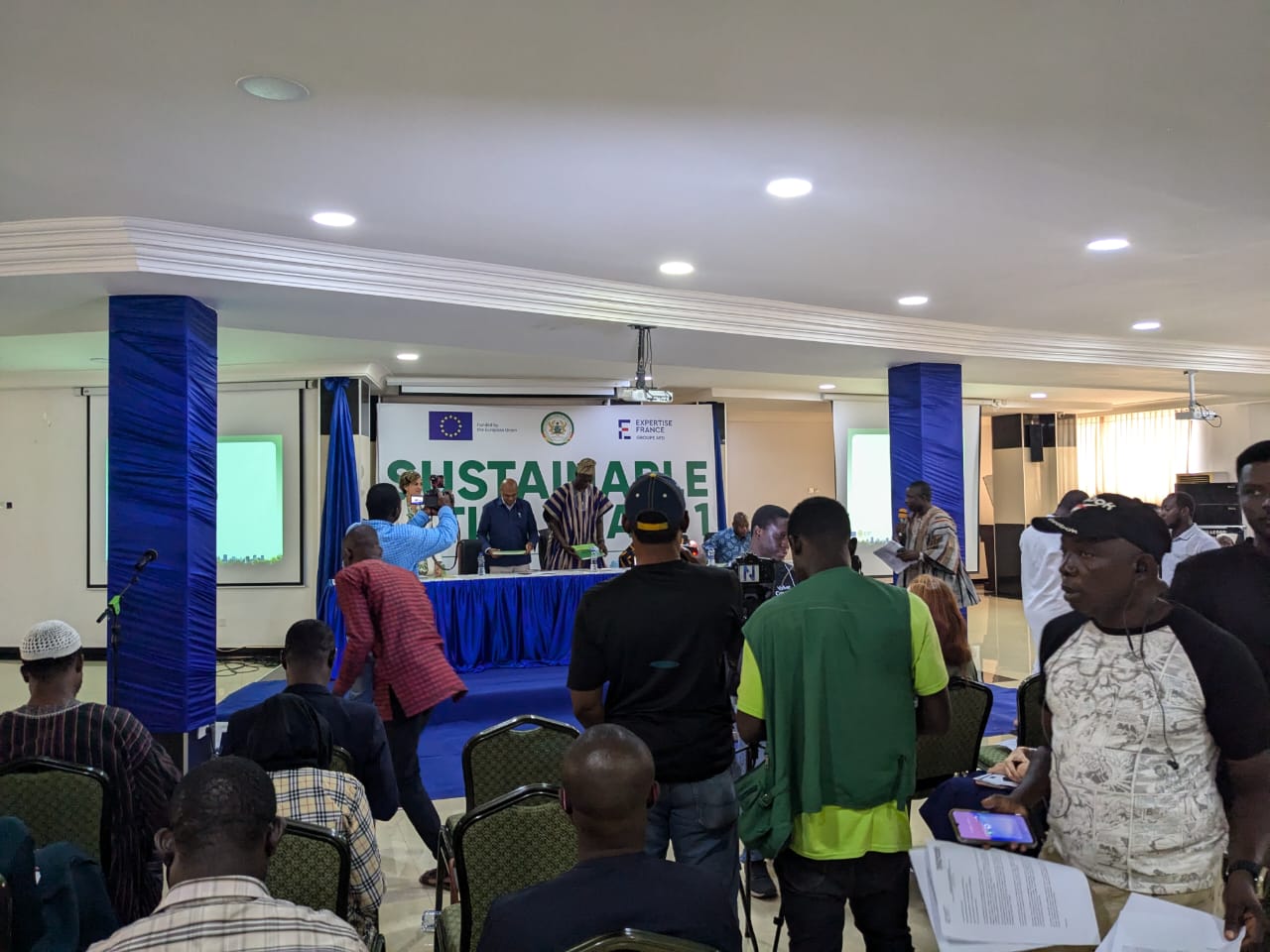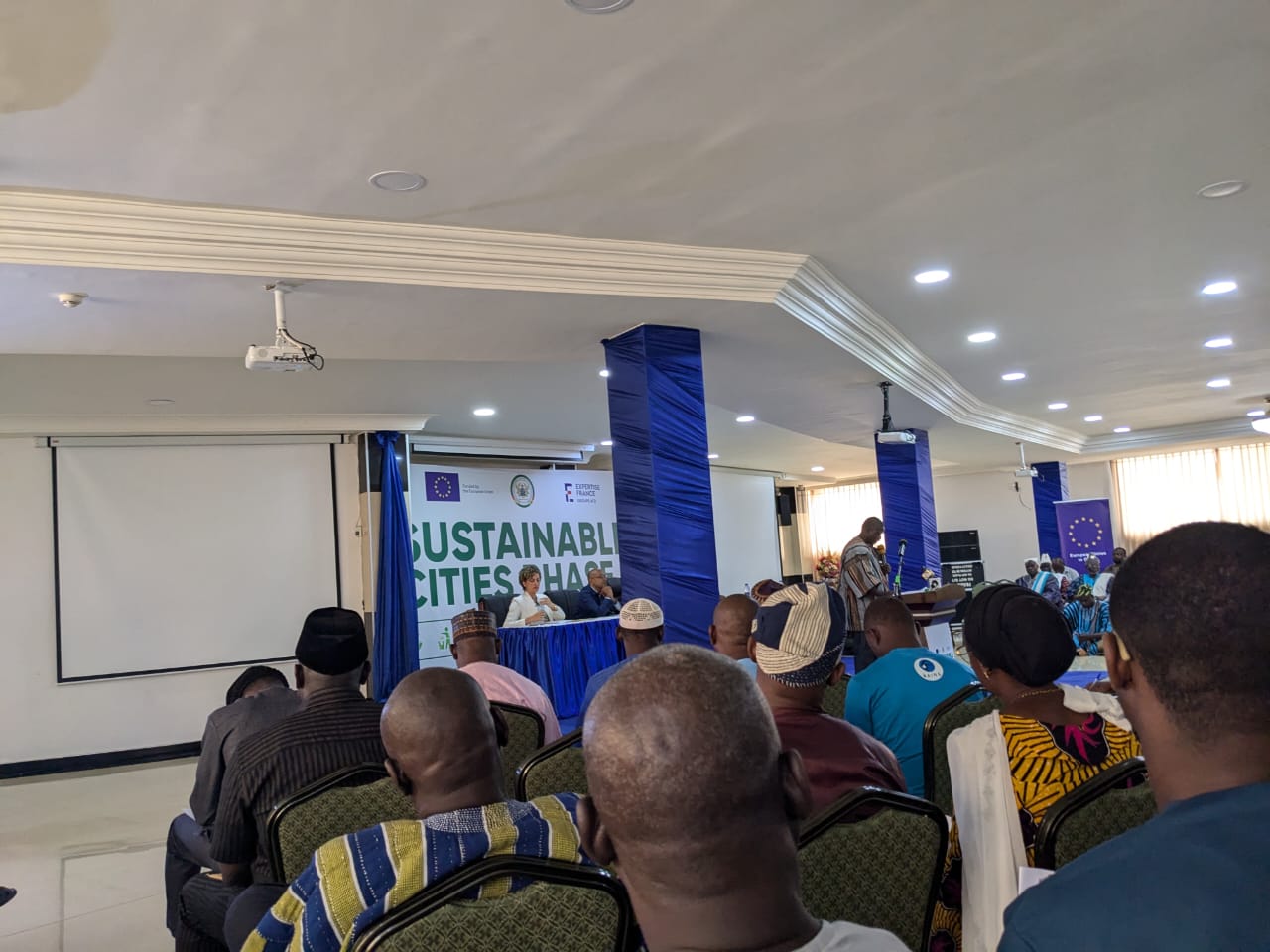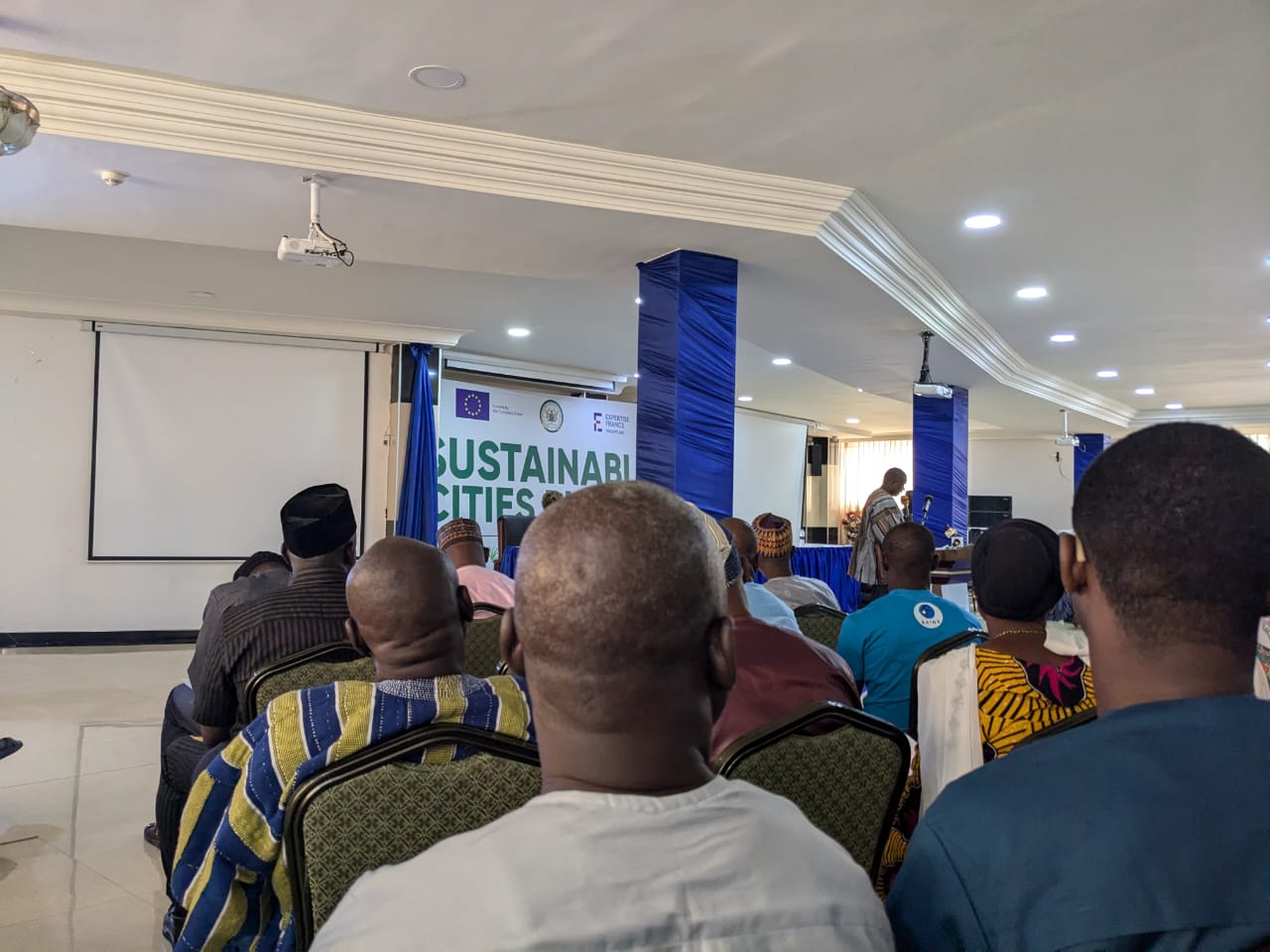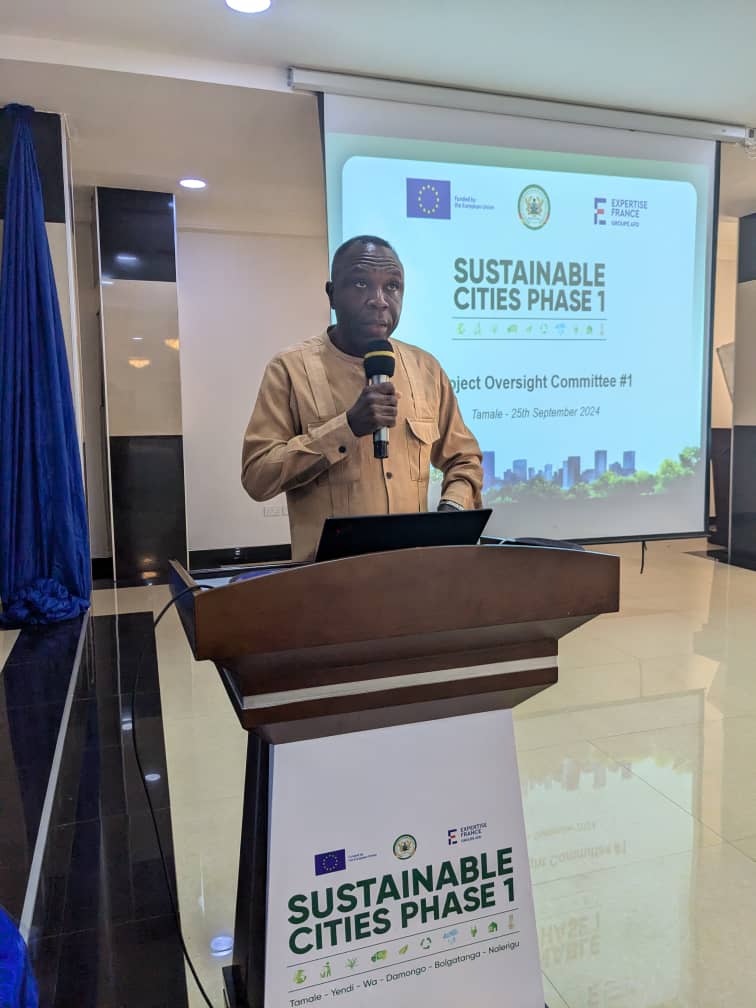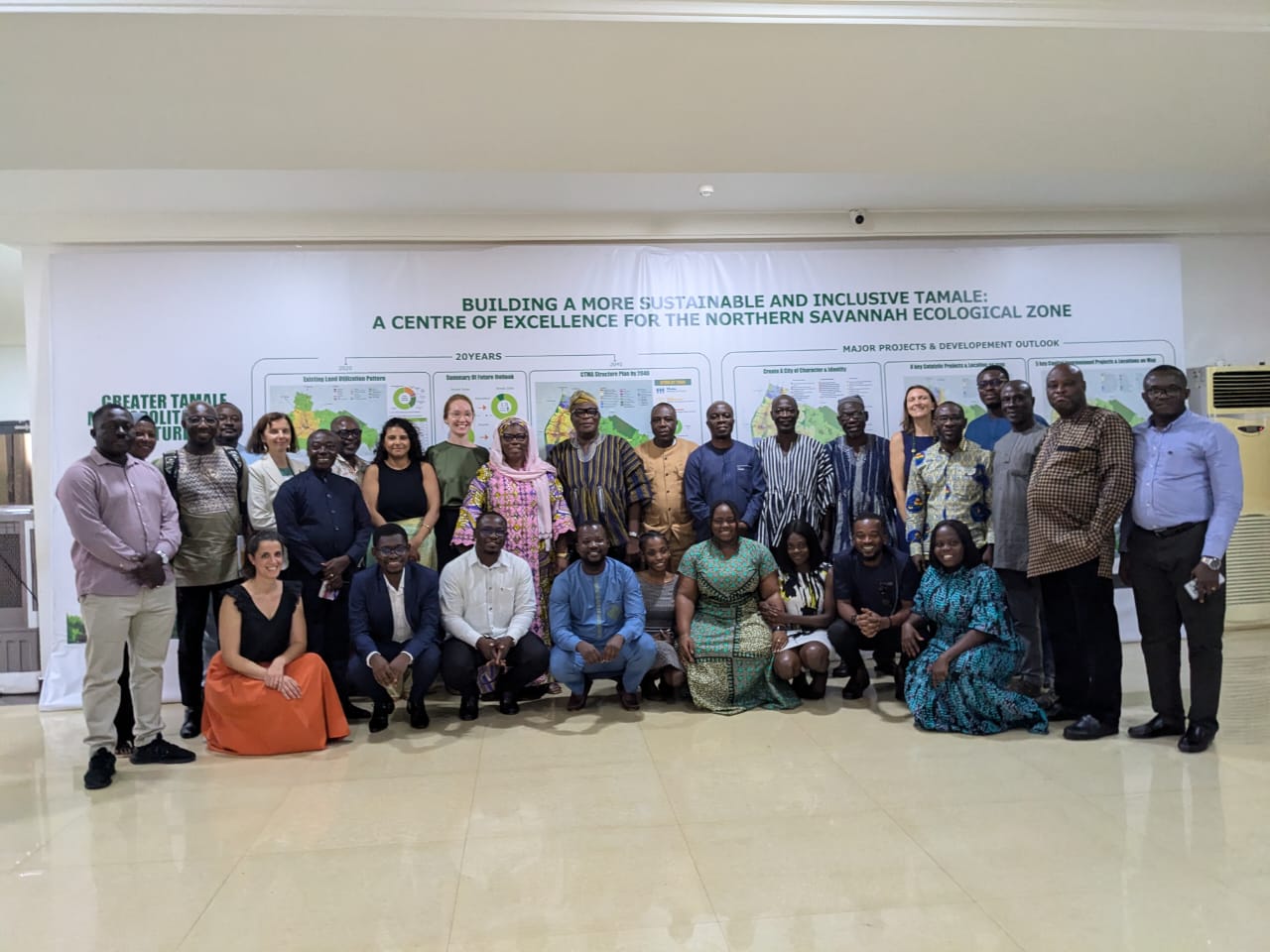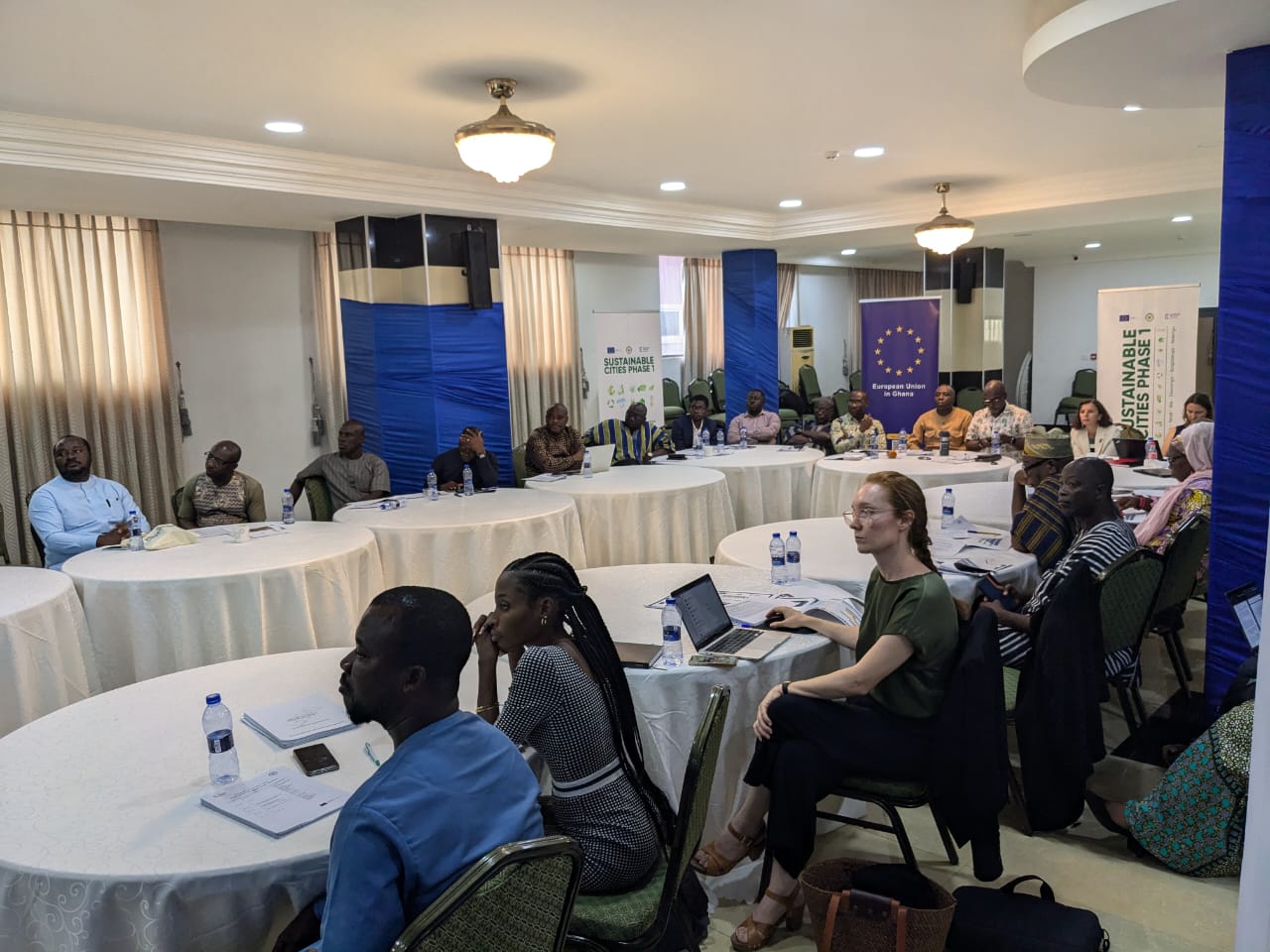The Ghana Urban Mobility and Accessibility Project (GUMAP), initially implemented from 2016 to 2023, has been evaluated as a successful initiative with significant potential for further impact. In response, a second phase, GUMAP II, has been launched to build on the achievements of the first phase and enhance urban mobility and accessibility in targeted cities.
The primary goal of GUMAP II is to place selected cities on a path toward improved liveability and competitiveness by refining urban mobility planning. This will be achieved through proven methodologies and targeted technical support, ensuring a smooth transition from planning to project implementation. The project’s outputs could attract future investment from international financial institutions.
Among the challenges that GUMAP II aims to address are the lack of a strategic framework for urban mobility, the need for data-driven project formulation, and improving the capacity of technical staff to manage urban mobility issues. The project will focus on four key components: urban mobility planning, project preparation, investment measures, and targeted training.
The primary beneficiaries of GUMAP II are the Departments of Transport within the Greater Accra Metropolitan Area (GAMA), Tamale, and Sekondi-Takoradi. The Ministry of Local Government, Decentralization and Rural Development (MLGD&RD) will also benefit by gaining a national strategic outlook on urban mobility and strengthening its capacity to support local governments in managing urban transport issues.
GUMAP II represents a critical step in Ghana’s efforts to create a more sustainable and efficient urban mobility system, benefitting both residents and the overall development of the country’s urban areas.
SOURCE: Sandra Owusu Asamoah
(Public Relations Unit MLGDRD)


.jpg)
